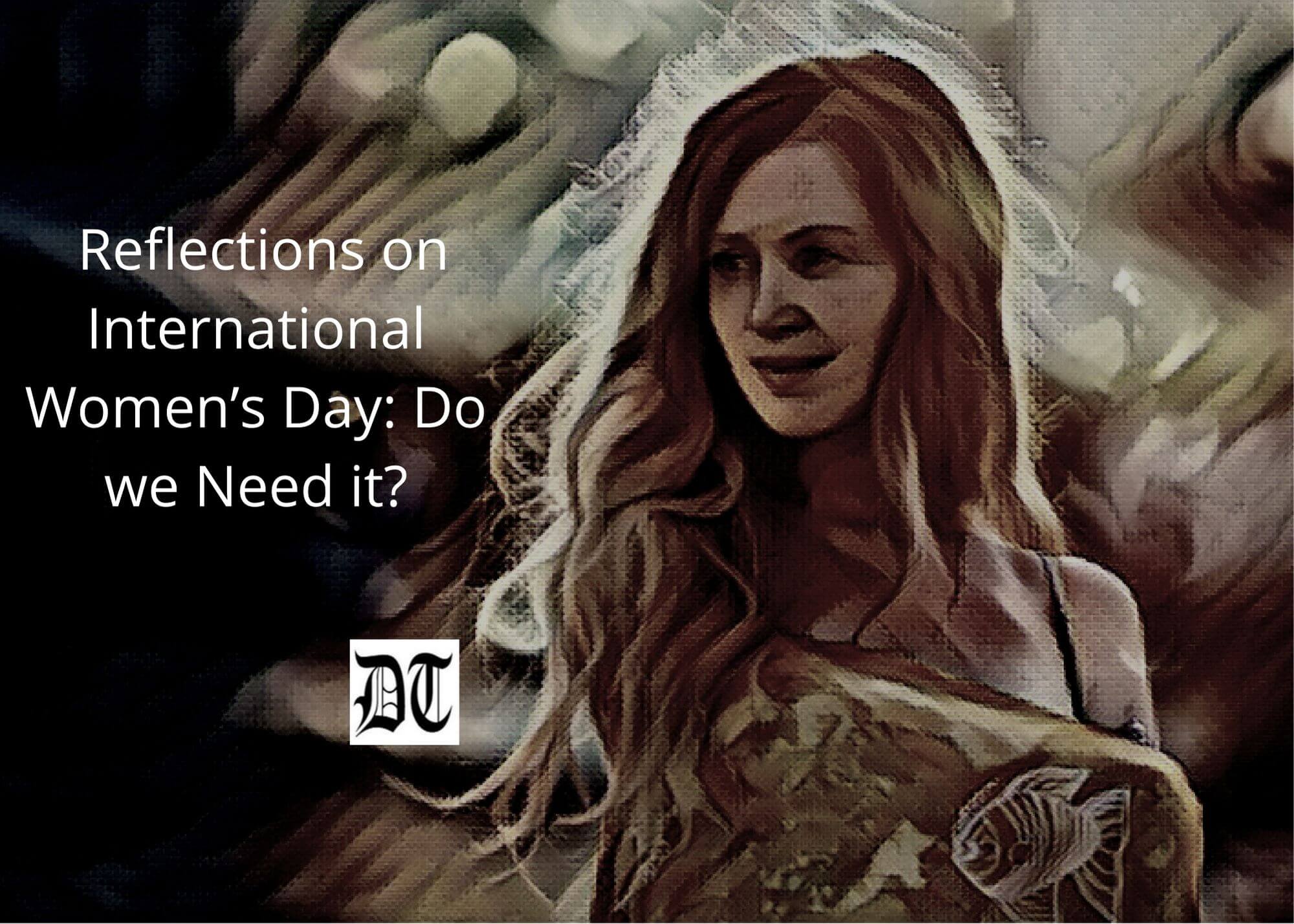Amidha was amazed to think that Stephanie would, after this first book, Bread of Angels, return not to Syria – we know what tragedy is transforming that ancient culture beyond belief – but to Jerusalem, with her husband, and in the life story she tells, this reviewer was struck by the evolving story of the unfoldment of the feminine nature in our times. First, there are the choices she makes for her marriage and her family: that she would indeed return to the Middle East to be married, that she and her husband found an amazing house in the heart of life in the ancient, now-partitioned city of Jerusalem, moving daily from one sector through military checkpoints to the other, from that house that was part of a convent and an adjunct to a neighborhood that was still holding on in the midst of the terror breaking out all around it and, eventually, in it. We, Americans, might be prone to flee from such a life, but she and her husband moved right into a world where the local merchants sold their wares on her doorstep, and gave sesame bread to her family, refusing payment. They became part of a neighborhood of Muslims, Sufis, Christians, and Jews, and they did indeed have their first child there, in the midst of imminent violence and accepted poverty and inconveniences that would send most of us fleeing. All this became their life. Here’s a review of Stephanie Saldaña’s new book, A Country Between, which is the continuation of her first book Bread. Here’s a review of two books, from gender perspective, for the Special Feature on International Women’s Day, exclusively in Different Truths.
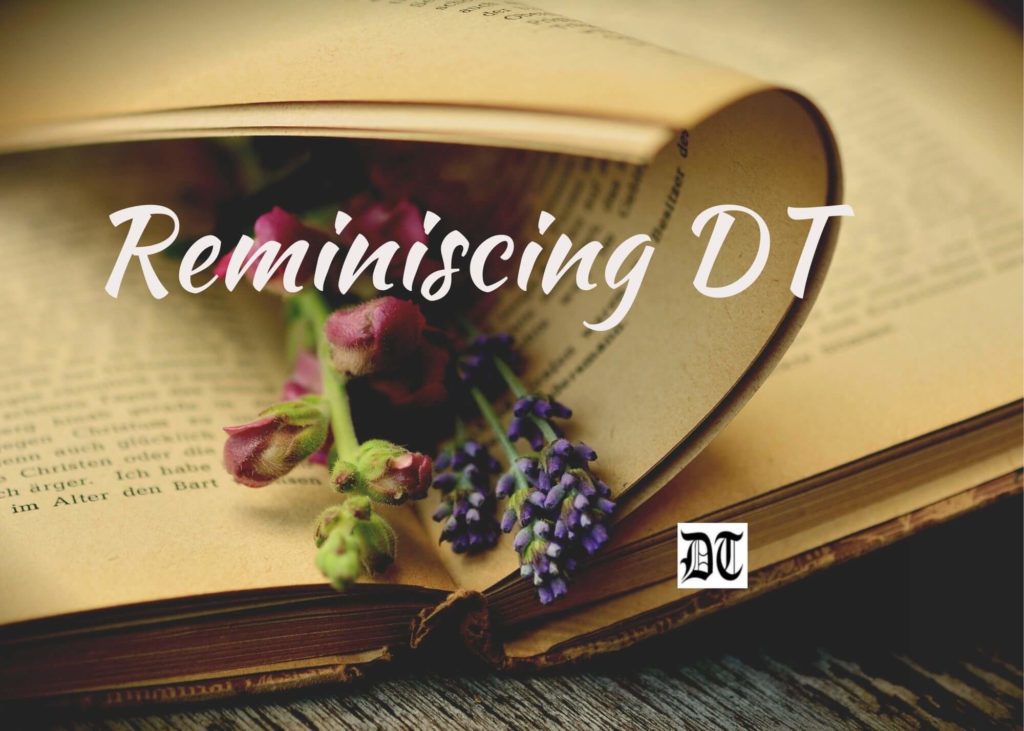
Woman, whom destiny has made to be man’s superior, by trying to become his equal, falls beneath his estimation. ~ Inayat Khan
It is interesting how books seem to have a talent for coming into our lives just when we need them. C.G. Jung called this kind of thing synchronicity: the simultaneous occurrence of two seemingly causal events that are connected in meaningful ways. We, here in America, as the whole world knows, citizens have been given reason to examine ourselves and our beloved democracy in ways that many of us have never thought to: it seems that some of us — most of us — fell asleep at the wheel, believing our own rhetoric, our own worldview of how things are, and while we were sleeping, our country has been threatened in ways we never had cause to expect before. Like most of us, I have been thinking about everything I took for granted, and also like many of us, I have been pointing out to myself that what we are in a state of shock and horror over has been the daily fare of other countries in this world for centuries. The synchronicity I speak of is in the event that I have been reading and rereading Stephanie Saldaña’s new book (having loved her first, Bread of Angels), and finding this one—A Country Between — to be as wonderfully meaningful and heartening as her first.
A Country Between is the continuation of Bread, and tells the story of her first years of marriage to the French monk, Frédéric, whom she married after she had lived in Syria for a year on a Fulbright scholarship in order to learn Arabic so as to study the teachings of Jesus in Islam. It also tells of the birth of her first child in the ongoing upheaval in the Middle East, and ultimately of two more children. These books tell the story of finding the courage to go and find a home and a family and a beloved community in a volatile and unpredictable world where the potential for violence and horror is a daily part of life. While holding on to all the usual hopes and fears of normal human life they found, in the horror of unknowing in that potential, Life. Bread of Angels takes place at the moment in time before the so-called Arab Spring, when citizens were beginning to demand more democratic reforms from a totalitarian regime, the moment of the anticipated downfall of those who would lay claim to trappings of an ancient civilisation.
Stephanie arrives in Damascus and finds a cold, oversized, beautiful room in the city, a room in a house with a population of residents from many walks of life. She goes forth from there to learn to speak Arabic, which she initially thought she knew, but finds that her textbook, classic Arabic is laughable to taxi drivers and restaurant waiters, and she is found to be as much of an oddity as she finds the community in which she lives. In the midst of going to a school to learn Arabic and her life of study and exploration, she departs for the ancient monastery of Mar Musa, where she lives through a month-long retreat in the desert where the ancient Christians walked, in a community of both Muslims and Christians in unity with each other in the cause of peace.
She has, in many ways, had a tragic life, and has found herself unequipped to be the American girl she is supposed to be, and in her retreat encounters the horrors of death and suicide and her anger with the God she feels deserted by. Through her experience, told powerfully and lyrically, she decides that she is destined to become a nun and live at Mar Musa, and in the peace of having made her decision, the rest of the story unfolds.
I was amazed to think that Stephanie would, after this first book, return not to Syria–we know what tragedy is transforming that ancient culture beyond belief–but to Jerusalem, with her husband, and in the life story she tells, I was struck by the evolving story of the unfoldment of the feminine nature in our times. First, there are the choices she makes for her marriage and her family: when I read that she would indeed return to the Middle East to be married, I thought, well, we will hear that she is living in some middle-class suburb and teaching or something, but not so: she and her husband found an amazing house in the heart of life in the ancient, now-partitioned city of Jerusalem, moving daily from one sector through military checkpoints to the other, from that house that was part of a convent and an adjunct to a neighborhood that was still holding on in the midst of the terror breaking out all around it and, eventually, in it.
We, Americans, might be prone to flee from such a life, but she and her husband moved right into a world where the local merchants sold their wares on her doorstep, and gave sesame bread to her family, refusing payment. They became part of a neighborhood of Muslims, Sufis, Christians, and Jews, and they did indeed have their first child there, in the midst of imminent violence and accepted poverty and inconveniences that would send most of us fleeing. All this became their life. Later, Stephanie took a job teaching literature at the university in the Old City, and began to make by bus what would have been a ten minute walk daily, with her child in a stroller, since entrance to the Old City was closed at the crossing from one partition into another, taking an hour to get her child to day care and herself to work. The story is largely about the birth of her first child, one of the eventual three, and although they eventually had to leave their huge house and the convent of nuns who were their neighbors underneath, they still live in Jerusalem in a smaller house, with three children now. Perhaps they have chosen Life over Convenience, the great god of this culture. The story includes not just their life in Jerusalem, but journeys to Frédéric’s family in the French Alps, and to Stephanie’s home in Texas, where the contrasts in the civilizations that become their homes are poetic and plain both.
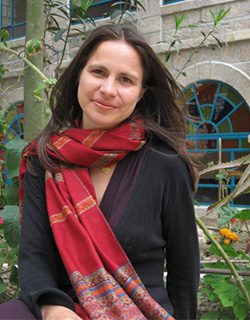
I wrote a brief review of this book on Amazon, where I purchased my copy, and said that Stephanie (I can’t call her by her last name, it doesn’t seem right) is the girl I always wished lived next door. It is this quality in her storytelling that conveys an emergence of the universal feminine nature that is a stark contrast to the Kellyanne Conways, the stereotypical career women who strive for what they call equality, and which so often precludes the beauty of living the feminine nature in its real power and essence. By this, I mean that we as women have become so caught up in becoming equal as to often lose the uniqueness of feminine power, which is to be tender and tough at the same time, knowing innately what is most important, in a world of far too many women who have perverted their true natures beyond belief, all in the cause of equality. [Reaction: my millennial daughter who often edits for me, points out that most of the women she knows are not working for equality, but equity. A most compelling thought, and one that the collective womankind is only now beginning to understand in the confusion and pain of a changing world that won’t change enough to keep her from being exhausted and pressured, still not able to have equal working conditions with the men who still make more per hour than they do for far less work and responsibility].
Stephanie’s poetic writing bespeaks her values: she places her children above any other accomplishments she could have, and her love for her husband is perhaps most important of all. Yet this is always a conundrum when women become mothers, isn’t it? We thought falling in love with our soulmate was all-important, and then we fall in love with our children and are lost forever. She writes of making a home and giving birth in the midst of danger and violence and the common family passages that take place in all families, as her father dies of cancer back in the States, and in her books, at least, does not waste time wondering about the inequities of feminine life in the world. Her story is a common story set in a place we in my country think to be uncommon, but that is an internal space in all of us, one that is becoming projected on our own landscape in the West, more and more.
What I love most about Stephanie Saldaña’s writing is the way it conveys that she is a woman, who is more soul than body, more being than striving, more watching than doing. She is, perhaps, what modern woman is currently fleeing in the cause of becoming equal to men, in the mistaken belief that becoming like them is the answer, instead of being what she already is: better, innately. It is understandable, I think, because of the world we live in, but here is someone who intuitively found a better way of carrying forward the divine heritage of womankind.
This wonderful book has made me think again about the confusion and despair of suddenly finding ourselves living in the age of Trump here in the States.
We, Americans, it seems, became complacent, believing our own rhetoric, thinking we were safe, and all the while the projection of our collective shadow—masculine and feminine both—was growing and growing, ready to pounce, all the while we were complacently dreaming of our first woman president, of the fated progress of feminine humanity, and we became derailed when our shadow overcame us.
Reading Stephanie’s book shook me out of the fog of malaise and despair most of us are experiencing increasingly after his “election,” and I realised–had been trying to articulate inwardly all along–that this is Life. We Americans know so little of what our neighbors have been enduring for thousands of years, we are soft and all too trusting, even as the coarseness and horror of the modern masculine nature has overtaken us. Our ideals may stab us in the back yet.
Here is what I think: a while back, I wrote about a piece by Llewellyn Vaughn-Lee that is about the cyclical nature of the universe and the end of the current era. (https://www.goldensufi.org/book_desc_darkening.html). He points out that as we near the end of one cycle and the beginning of the next, a time of darkness, of confusion, of unknowing and waiting, is inevitable, as in the Christian concept of the “In-Between Times”, the time between the Resurrection and the Second Coming. The first time I pondered this idea, I didn’t want to accept that, I wanted to continue in my New Age-y beliefs of love and light and imminent joy, and I know that there is a place where Joy waits, but for now…he was right. We wait for the light to break through again. Trump and his ilk, Brexit, the tragedy of the Middle East and all countries where horror battles with joy, seemingly with imminent victory, are all symbols of that change. Those who think they can make time hold still, who think they can return our country, at least, to the 1950s and its complacency and acquiescence to the Man, may think for a time that they can make that happen, but they are as nothing next to that feminine power that is both might and tenderness that is moving over and closer to the world with every heartbeat, breaking through into being as grass grows through concrete. Somehow, I have slept better at night after reading these books.
We await the Kairos. Be of good cheer.
“Remember that all through history, there have been tyrants and murderers, and for a time, they seem invincible. But in the end, they always fall. Always.” ~ Gandhi
Photos from the internet.


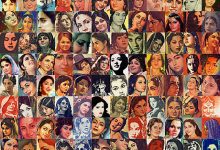


 By
By
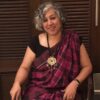 By
By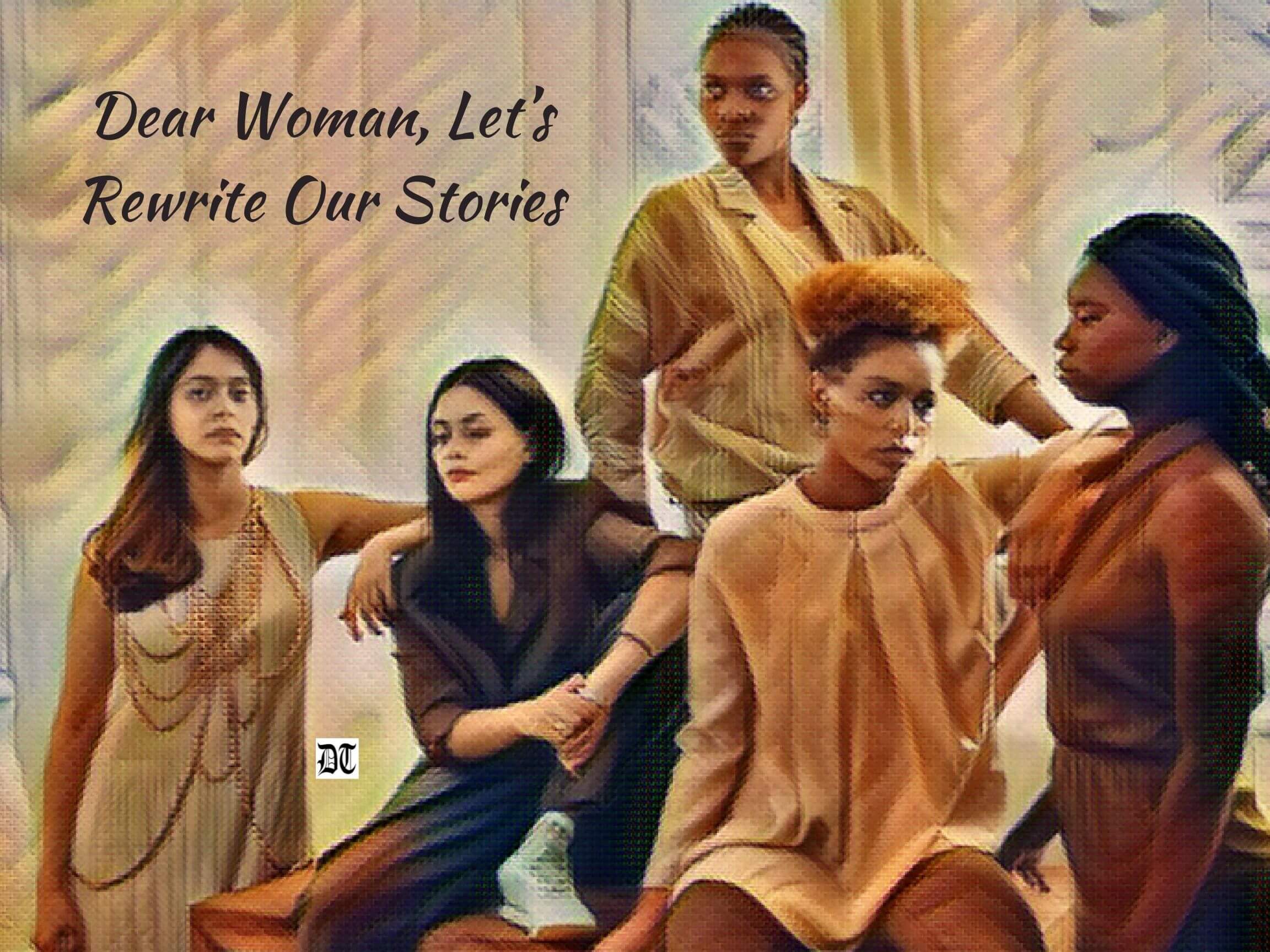
 By
By